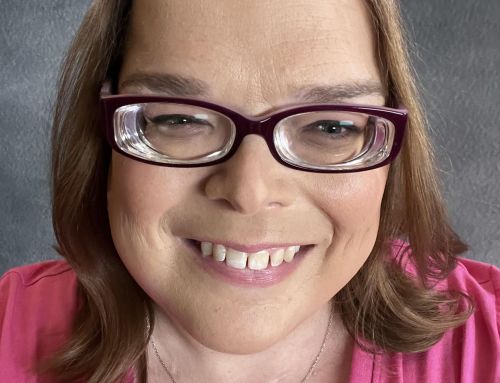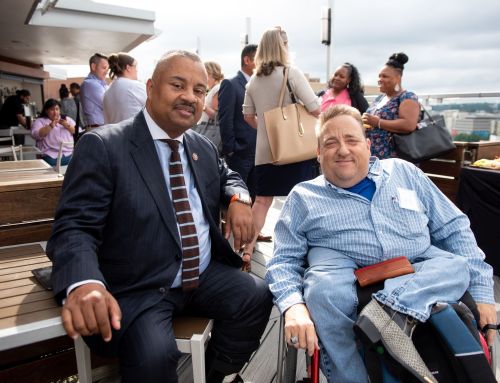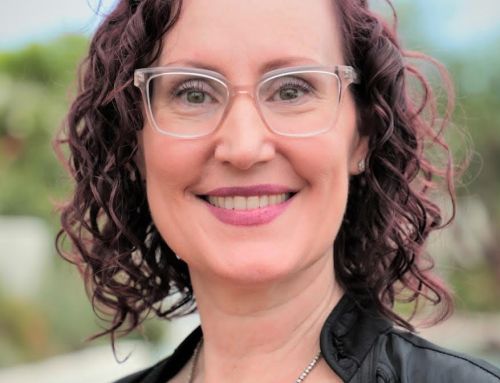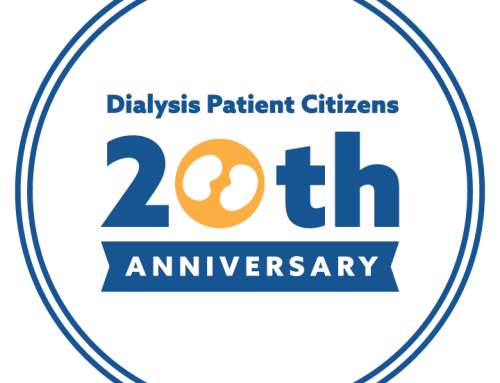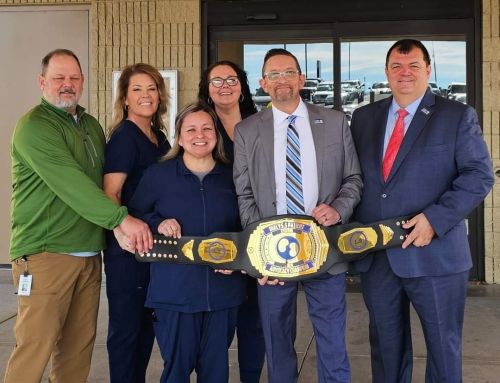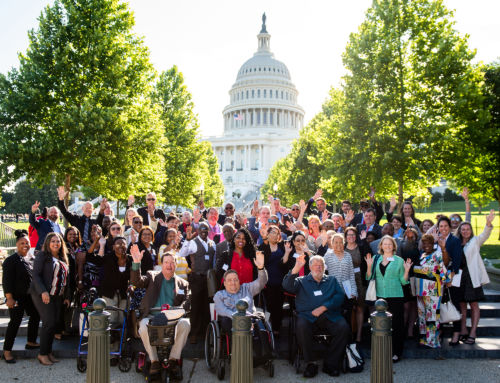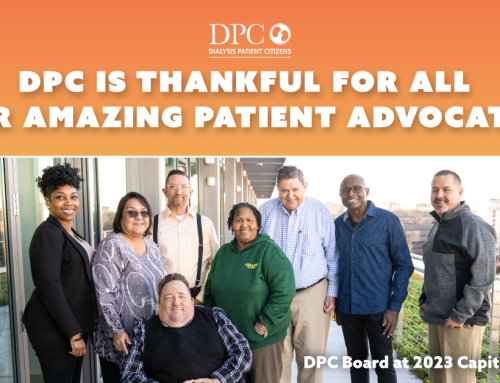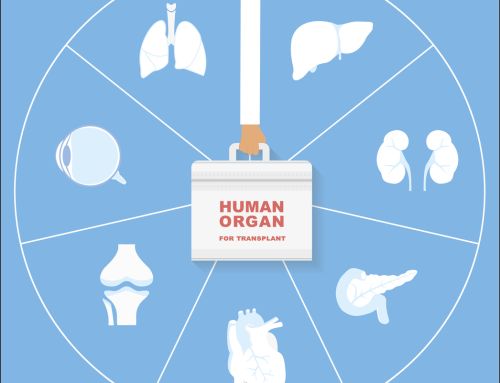The Center for Medicare and Medicaid Innovation has announced 85 sites for its Kidney Care Choices (KCC) Demonstration Project, which started January 1, 2022. The program, initially announced by President Donald Trump in July 2019, is intended to “help health care providers reduce the cost and improve the quality of care for patients with late-stage chronic kidney disease and ESRD… and to delay the need for dialysis and encourage kidney transplantation.”
KCC consists of two separate programs. In Kidney Care First (KCF), participating nephrology practices receive payments on a per-patient basis for managing the care of patients with late-stage chronic kidney disease and patients with ESRD that will be adjusted based on health outcomes and utilization, as well as performance on quality measures. In addition, participating practices will receive a bonus payment for every patient aligned to them that receives a kidney transplant based on the transplant remaining healthy for up to three years after the surgery.
In the second program, Comprehensive Kidney Care Contracting (CKCC), Kidney Contracting Entities – which consist of nephrologists, transplant providers, and dialysis facilities – will take responsibility for the total cost and quality of care for their patients, and in exchange, can receive a portion of the Medicare savings they achieve. This program is the successor to the ESRD Seamless Care Organization (ESCO) program which ran for five years ending in 2021. Similar to the ESCOs, CKCC allows dialysis centers, nephrologists and other health care providers to form kidney-focused accountable care organizations to manage care for Medicare patients. What makes the CKCC demonstration unique is its inclusion of Medicare patients with CKD stages 4 and 5, and incentives to delay the onset of dialysis and to incentivize kidney transplantation.
The KCC programs are separate from another program, the ESRD Treatment Choices model, which operates in randomly-selected regions.
There are 30 CMS Kidney Care First Practices and 55 Comprehensive Kidney Contracting Entities participating in 2022. The KCC sites will serve Medicare fee for service beneficiaries in 38 states as well as in the District of Columbia.
Comprehensive Kidney Care Contracting Participants
Fresenius announced partnerships with more than 1,000 nephrology providers that will comprise 20 of the 55 Comprehensive Kidney Contracting Entities. The majority of the physicians are members of InterWell Health, the largest network of nephrologists in the country. These partnerships will help manage care for more than 50,000 individuals by providing specialized education and support services to slow the progression of kidney disease, increase preemptive transplants, and increase the prevalence of a planned start to dialysis.
“Under the direction of the nephrologist, care coordinators will ensure the patient’s plan of care is carried out, providing access to social workers and renal dietitians well before dialysis is needed. Too often patients with kidney disease crash into the hospital with critical health issues and require an urgent start to dialysis, so this program helps incentivize earlier interventions to create a better plan for treatment and management of this disease,” says Dr. Terry Ketchersid, Chief Medical Officer of Fresenius’s Integrated Care Group and co-Chief Medical Officer of InterWell Health.
DaVita, along with nearly 1,000 kidney doctors, transplant providers, hospice providers and advanced care practitioners, announced the launch of 11 sites expected to reach an estimated 25,000 kidney patients.
“There’s an opportunity to make a positive difference in the lives of more patients by reaching them with the right interventions and education before their kidneys fail,” said Misha Palecek, chief transformation officer for DaVita. “We can help patients better plan for their future kidney care needs—whether that’s a pre-emptive transplant or an optimal start on dialysis at home—and improve their overall health while helping reduce the cost to our health care system.”
For patients in the CKCC program, DaVita and its partners are focused on better coordinating their kidney and non-kidney care needs, as well as improving interventions to help keep them healthy and out of the hospital. Reducing hospitalizations not only gives patients more moments at home doing what they love but also it can lower the total cost of care—a hallmark of any successful value-based care program. With the launch of its CKCC programs, DaVita expects to more than double the number of patients receiving integrated kidney care in the first performance year alone. DaVita also has numerous value-based care programs with health plans across the U.S.
Global Nephrology Solutions (GNS), a physician-owned, nephrology solutions company with more than 425 providers and 900 support staff, will operate CKCC sites in four states—Arizona, California, Florida and Pennsylvania—where it serves roughly 10,000 Medicare beneficiaries. This builds on the company’s foundation of care coordination and experience participating in similar Center for Medicare and Medicaid Innovation value-based care efforts.
Tempe, Ariz.-based GNS said its value-based kidney care model is built on one of the world’s largest clinical chronic kidney disease data warehouses. Real-time, comprehensive data informs proprietary predictive analytics that deliver actionable insights to nephrologists and care teams.
Strive Health has partnered with 260 nephrology providers in five states to participate in CKCC. The nephrologists joining forces with Strive are from 27 different provider groups, representing approximately 8,200 patients assigned to the model and nearly $600 million in medical spend, which makes Strive the largest non-dialysis participant in the model.
Strive Health will manage the Kidney Contracting Entities, providing nephrologists resources to help ensure their success in the model. Participating nephrologists receive access to data and technology resources, administrative support, management expertise and an interdisciplinary clinical care team that includes care coordinators, nurse practitioners, dietitians, pharmacists and licensed clinical social workers who help manage comorbidities that can impact a patient’s overall health.
Strive’s proprietary technology platform, which gathers data from hundreds of sources, to gain a holistic view of the patient’s experience. That information can help paint a picture about the risk of hospitalization or progression of disease, helping nephrologists better manage care to each individual’s needs.
Strive will operate KCEs in Illinois, Michigan, Missouri, New Jersey and New York in 2022, with plans to launch KCEs in several other states in the future.







